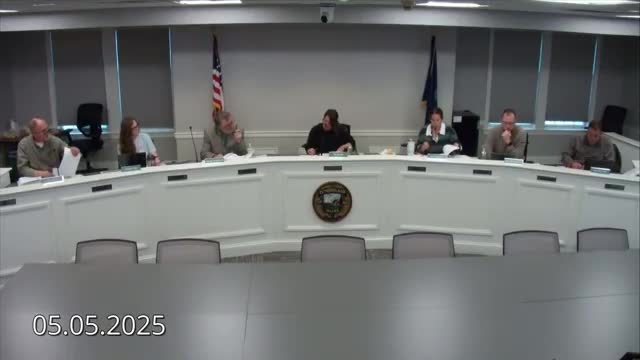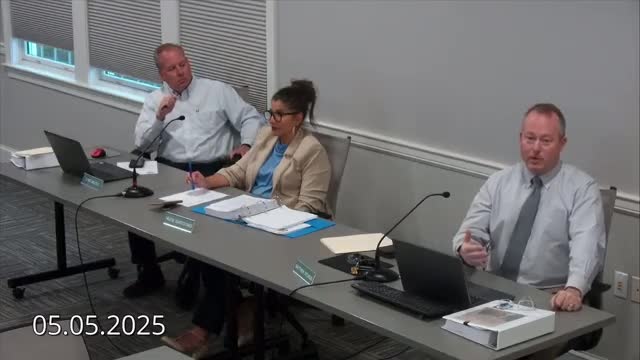Article not found
This article is no longer available. But don't worry—we've gathered other articles that discuss the same topic.

Council reviews FY26 budget highlights: revenue opportunities, rescue billing and insurance oversight proposal

Council asks staff for TIF 1 extension analysis; June presentation targeted for decision window

